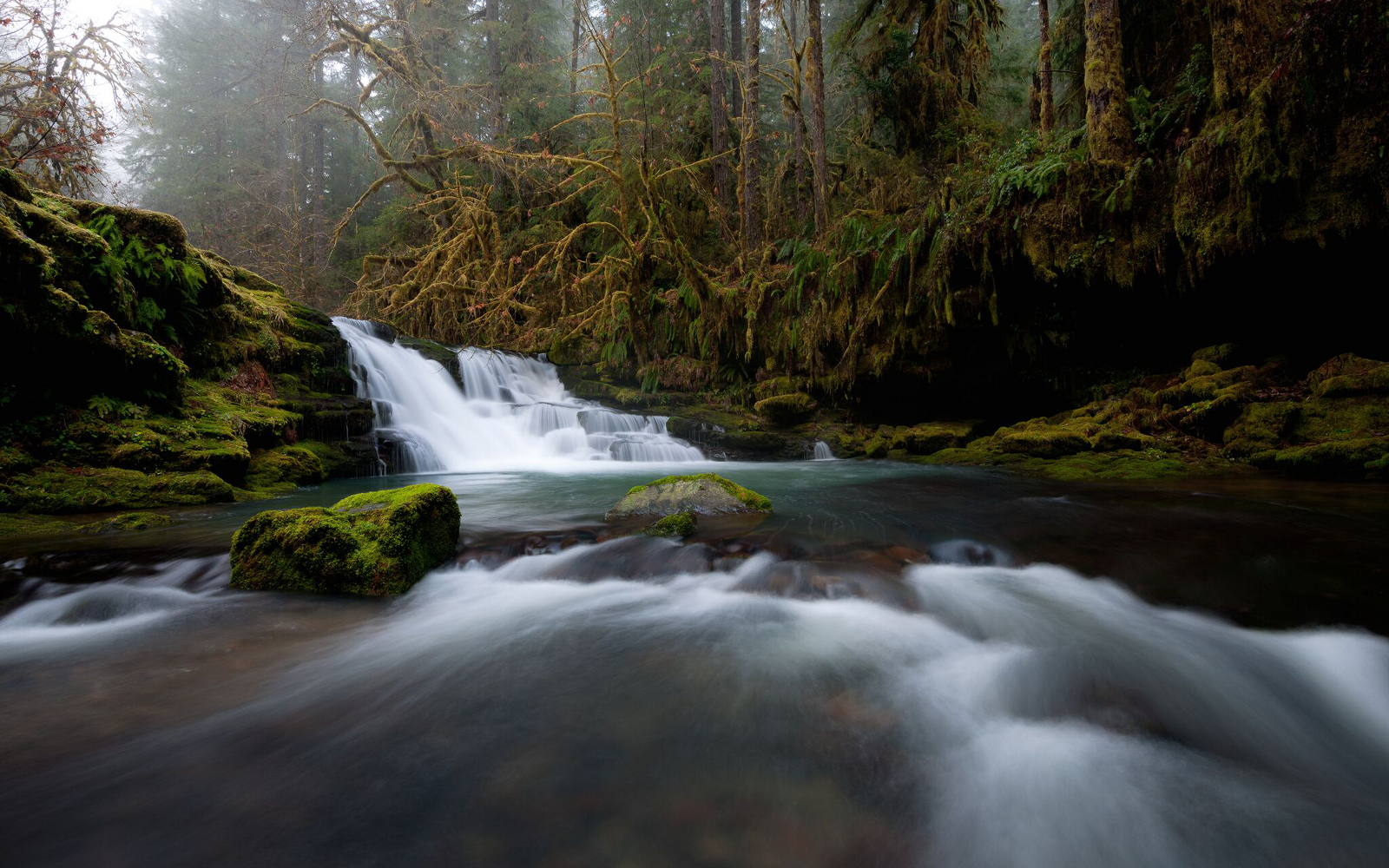For Immediate Release
November 27, 2019
Contacts:
Josh Laughlin, Cascadia Wildlands, (541) 844-8182, jlaughlin@cascwild.org
Bob Sallinger, Audubon Society of Portland, 503-380-9728, bsallinger@audubonportland.org
Noah Greenwald, Center for Biological Diversity, (503) 484-7495, ngreenwald@biologicaldiversity.org
Daniel Kruse, lead counsel for plaintiffs, (541) 337-5829
[SALEM, OR] — The Oregon Supreme Court today ruled that the sale of 788 acres of forest from the Elliott State Forest was illegal. The ruling affirms an Oregon Court of Appeals’ ruling from 2018, which found that selling the area known as East Hakki Ridge to a private timber company in 2014 violated state law.
“Oregon’s highest court has spoken, and it is illegal for the state of Oregon to sell off the treasured Elliott State Forest,” says Josh Laughlin, executive director of Cascadia Wildlands. “Those who appreciate clean water, stately forests and access to our public lands are the big winners today.”
Cascadia Wildlands, Audubon Society of Portland and the Center for Biological Diversity brought the lawsuit under an Oregon law, ORS 530.450, which states that it is illegal to sell the Elliott State Forest. State officials defended their decision to dispose of the parcel in court by saying the Oregon State Land Board, made up of the governor, secretary of state and treasurer, should not be required to follow the law.
“The decision by the state to sell off portions off the Elliott State Forest and avoid its legal obligations to protect imperiled marbled murrelets and the forests on which they depend was fundamentally flawed from the start,” said Bob Sallinger, conservation director at Portland Audubon. “Now more than ever, we need a strong forest plan for the Elliott that truly protects murrelets, spotted owls, coho salmon and other species that depend on our older forests.”
“This ruling affirms that the state should never have sold these beautiful public lands,” said Noah Greenwald, endangered species director at the Center for Biological Diversity. “The Elliott State Forest is a treasure to all Oregonians, providing critical habitat to coho salmon, marbled murrelets and people alike.”
The state’s privatization scheme was in direct response to a successful 2012 lawsuit brought by the same conservation organizations. That case halted dozens of old-growth timber sales on the Elliott, Clatsop and Tillamook state forests, where threatened marbled murrelets were nesting.
The imperiled seabird is unique, flying upwards of 40 miles inland to lay a single egg on a wide, mossy limb in the region’s remaining older rainforests. Clearcutting of its habitat is the bird’s primary threat.
Background
ORS 530.450 withdraws from sale any lands on the Elliott State Forest that were originally part of the Siuslaw National Forest. The East Hakki Ridge parcel, located just south of the Dean Creek Elk Viewing Area on Highway 38, fell within this category. The state viewed the disposal of East Hakki Ridge as a test case to sell off the entire Elliott State Forest to the timber industry. Under immense public pressure opposing the privatization of the Elliott in 2017, the State Land Board eventually backed away from the plan, but not before the East Hakki Ridge was sold to Seneca Jones Timber Company, who immediately gated it off to public access.
Another parcel, the 355-acre Benson Ridge tract, was sold in 2014 to Scott Timber Company and is also currently subject to litigation by the same plaintiffs, who are fighting to protect the valuable marbled murrelet habitat it contains.
Currently the State Land Board is considering a proposal by the embattled Oregon State University College of Forestry to acquire and manage the Elliott State Forest as a research forest. Earlier this year the college was found to be clearcutting trees up to 420-years old on its McDonald Research Forest near Corvallis. OSU will present its progress to the Land Board at the board’s Dec. 10 meeting in Salem.
With today’s ruling conservation groups believe the state must reclaim these illegally sold lands and fully protect them in public ownership for the diversity of values they represent, including clean water, mature forests, salmon and wildlife habitat, carbon storage and reactional opportunities.
The plaintiffs in the East Hakki Ridge case were represented by attorneys Daniel Kruse of Eugene and Nicolas Cady with Cascadia Wildlands.
** A high-resolution image of the West Fork Millicoma River, Elliott State Forest is available for press use (photo by Cascadia Wildlands).
####

